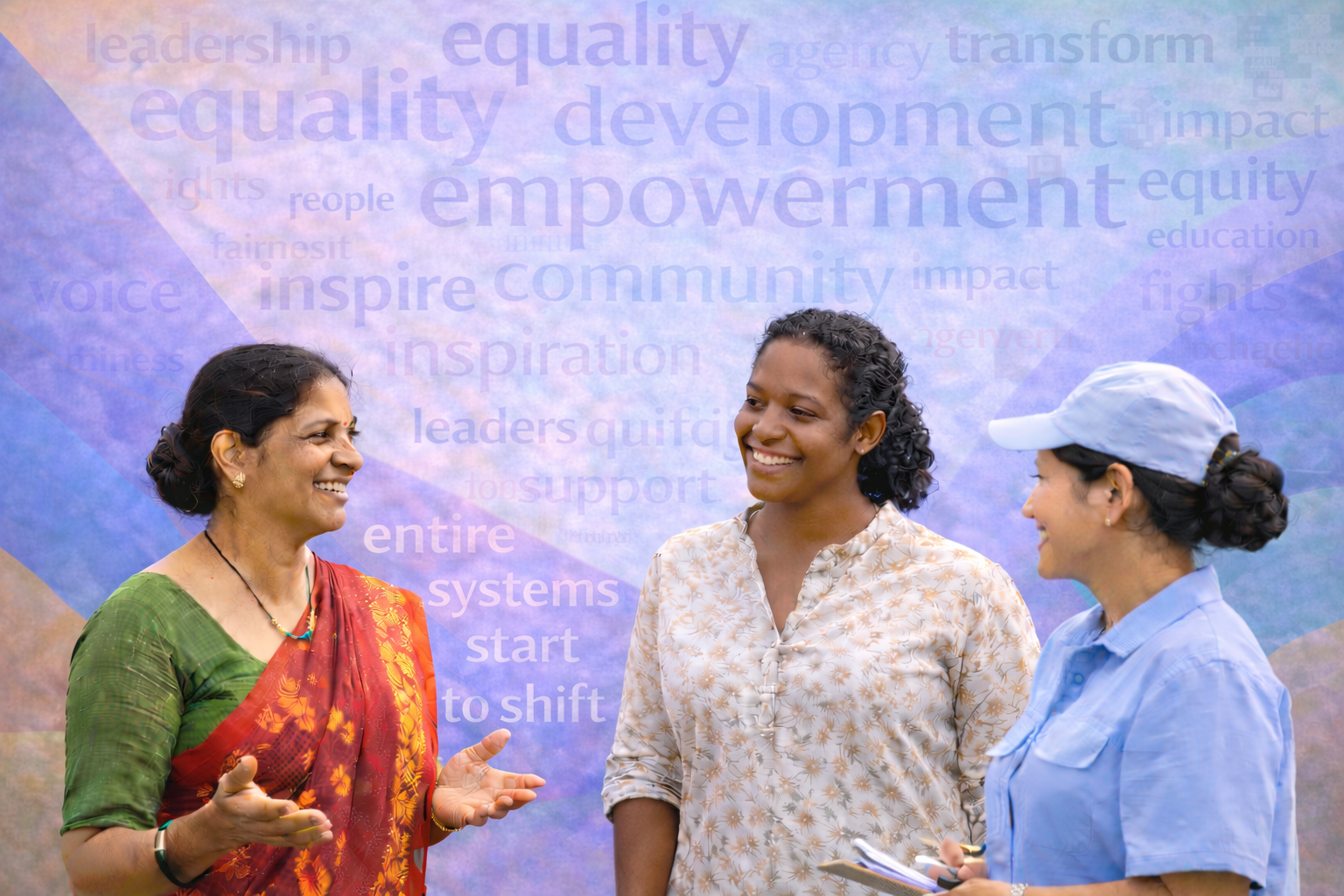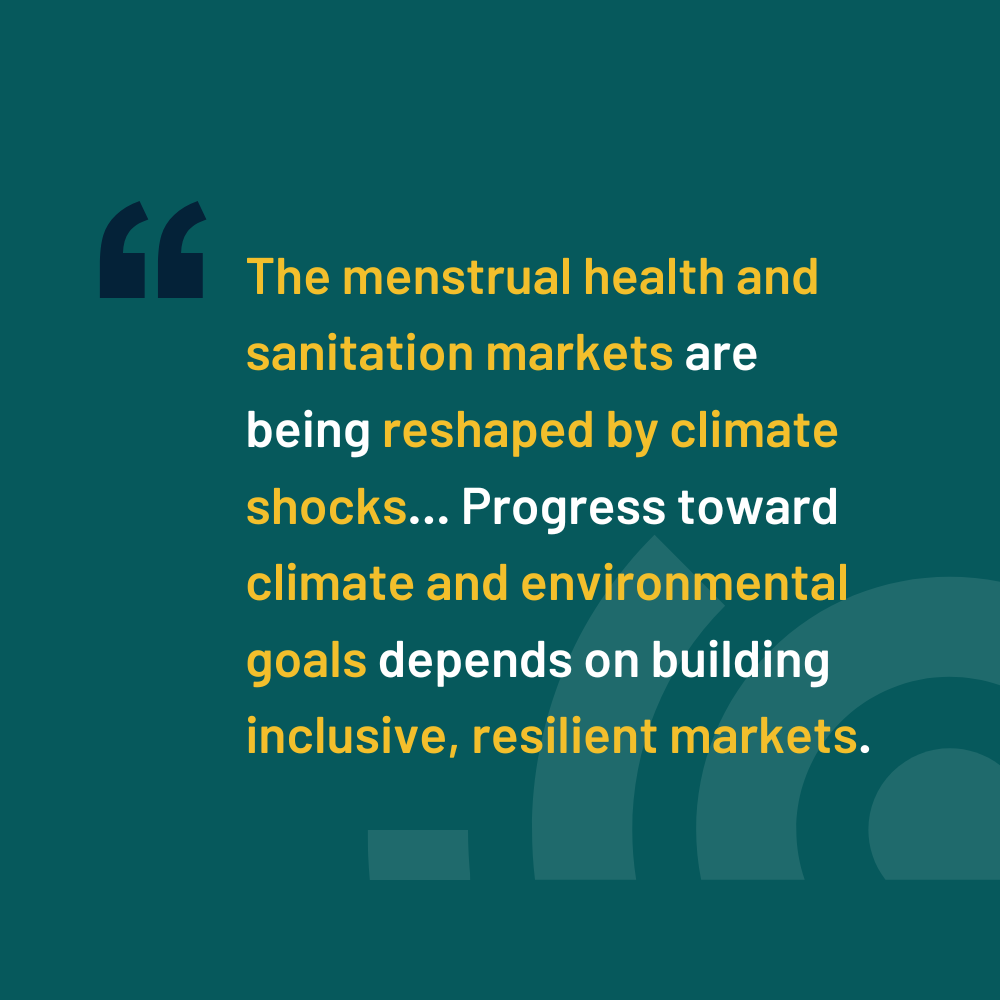
Transforming Sanitation into Opportunity: Driving Access, Growth and Environmental Impact in Kampala

In Kampala, SHF is driving new partnerships and innovative financing models to expand access to Next Generation Sanitation (NGS) in underserved communities. These efforts are encouraging private sector growth in a space traditionally dominated by informal actors, while also addressing the significant environmental challenges posed by sanitation.
Like many rapidly growing cities in Low- and Middle-Income Countries (LMICs), Kampala’s sanitation system combines on-site and off-site systems that rely on associated infrastructure for service installation, safe collection, transport, and treatment of waste. However, in Kampala, much like other cities again, much of the system has operated with insufficient service level monitoring and oversight. This impacts operations and maintenance of facilities and their ability to scale and meet growing demand effectively. The consequences of the subsequent lack of sustainable access to safely managed sanitation can be wide-reaching: poor sanitation and hygiene is linked to 60% of Uganda’s preventable disease burden, while sanitation in Kampala contributes to more than half of the city’s emissions. Estimates suggest that over 50% of wastewater and faecal sludge in Kampala are not safely managed.
SHF is partnering with the Government of Uganda to realize its vision of a thriving sanitation economy valued at about USD 2.7 billion by 2030, by driving economic growth, creating jobs, empowering women, and improving health and environmental outcomes. Formalizing the sector in Kampala, through standard service provision, professionalization, as well as job creation among the youth services such as pit emptying, transport and faecal sludge treatment, is a crucial step toward realizing this potential that hinges on universal access being achieved.
Formalizing the Sanitation Sector and Services
SHF has partnered with the Kampala Capital City Authority (KCCA) under the "Accelerating Access to Improved Sanitation and Hygiene Services" project to scale Faecal Sludge Management (FSM) services citywide. This builds on the work of SHF’s partner, Water For People Uganda, which has been advancing market-based sanitation solutions in collaboration with KCCA, the National Water and Sewerage Cooperation and Lubigi Faecal Sludge Treatment Plant (FSTP) under the Citywide Inclusive Sanitation (CWIS) Programme.
As SHF seeks to champion Next Generation Sanitation (NGS) with its principles of innovation, gender-responsiveness, circularity, sustainability in operations and financing and user preference, the new partnership connects households to private sector operators to empty, collect and transport waste to designated treatment plants. With 90% of the population in Kampala relying on on-site sanitation such as septic tanks, lined and unlined pit latrines, the market potential is tremendous.
Specifically, under the new partnership, KCCA is developing Service Level Agreements for Sanitation Private Sector actors providing services for the safe removal and transport of waste from septic tanks and pit latrines in households, and industrial and commercial premises to safe treatment and disposal sites. The initiative aims to almost double the volume of faecal sludge being currently safely emptied and transported from 1,200 m3 to 2,000 m3 per day. Importantly, the initiative introduces the concept of results-based financing where funding is linked to measurable outcomes, such as the volume of waste transported and treated, while also tracking the number of households served, and the level of community feedback, as well as any health or safety violations reported.
This brings in accountability and ownership for service providers, many of whom are also moving to acquire formal licences through the initiative, while also guaranteeing regular waste collection and maintenance services for residents, who can turn to a dedicated hotline for instant feedback or complaints across five divisions in Kampala. The seemingly innocuous hotline is an important shift toward a user-centric approach, one that places the needs of people at its core and ensures inclusive and improved access to sanitation, particularly in informal settlements.

Driving Improved Environmental Health: Below the Ground and Above
The environmental impact of the sanitation supply chain is felt both underground and in the air. Given Kampala's high water tables, the seepage of wastewater from pit latrines, septic tanks, and soakaway pits poses a continuous threat to groundwater quality. Simultaneously, studies show that untreated or poorly treated faecal waste is one of the largest sources of methane emissions—the second most potent greenhouse gas, with 80 times the warming power of CO2 over the first 20 years after it is released into the atmosphere.
By strengthening the supply chain with rigorous standards and formalized services for the installation of sanitation facilities, as well as waste collection, transport, and treatment, significant improvements in environmental health are possible.
The Intersection of Health, Climate, and Gender
Sanitation plays a central role in advancing Uganda’s health, climate, and gender equality objectives.
Uganda’s commitment to building a thriving sanitation economy reflects this intersection, unlocking an additional USD 1.5 million in funding for sanitation in 2024 as it doubles down on efforts to tap into the full investment potential of the sanitation, hygiene, menstrual health, and wastewater sectors with partners like SHF.
By taking the first steps toward establishing a circular sanitation economy that benefits people, the economy, and the environment, its capital city Kampala is at the forefront of this transformative approach.



